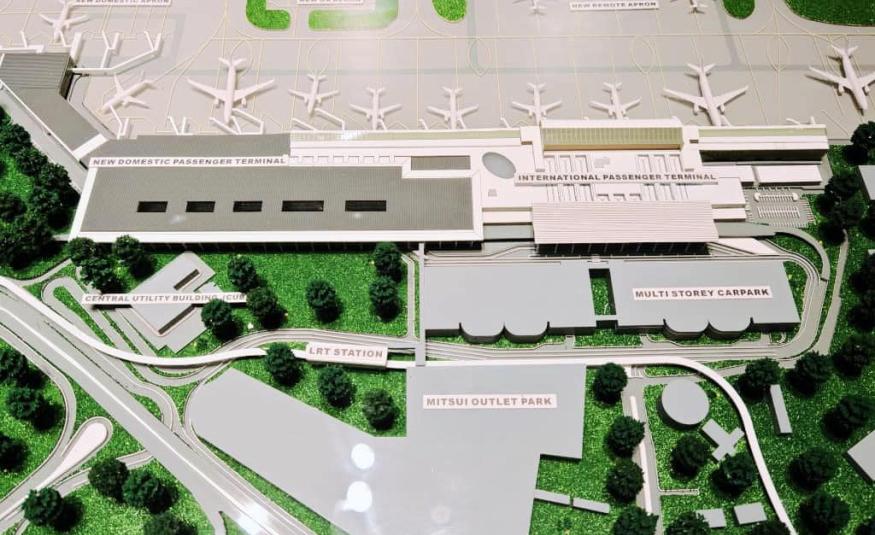Gateway Development Alliance Sdn Bhd is on track to privatise Malaysia Airports Holdings Berhad possibly ahead of the extended January 17 deadline.
As at January 8, GDA said it had received valid offer acceptances of 1.3 billion shares representing 84.1 percent of the total number of issued shares in MAHB.
KWAP agreed to the offer on Wednesday and MAHB now has 83 percent acceptance.
GDA needs to secure 90 percent acceptance condition/threshold required before it can take MAHB private and delist the firm.
"This is a positive development for the company. It is a signal that investors are ready to give up their shares in MAHB so that the company can turnaround under GDA," an analyst at Maybank Securities told DagangNews.
GDA is a consortium comprising the Employees Provident Fund, Khazanah Nasional and Abu Dhabi Investment Authority and Global Infrastructure Partners (GIP).
The consortium proposed in May last year to take MAHB private to turn around the beleaguered firm.
A deal which is clearly backed by government
The deal to privatise MAHB is clearly supported by the Malaysian government and thus it is not surprising that it has received favourable support from investors such as KWAP.
This is understandable as MAHB's under investment and operational issues have been mentioned multiple times such as the problematic Aerotrains which received numerous public scrutinies.
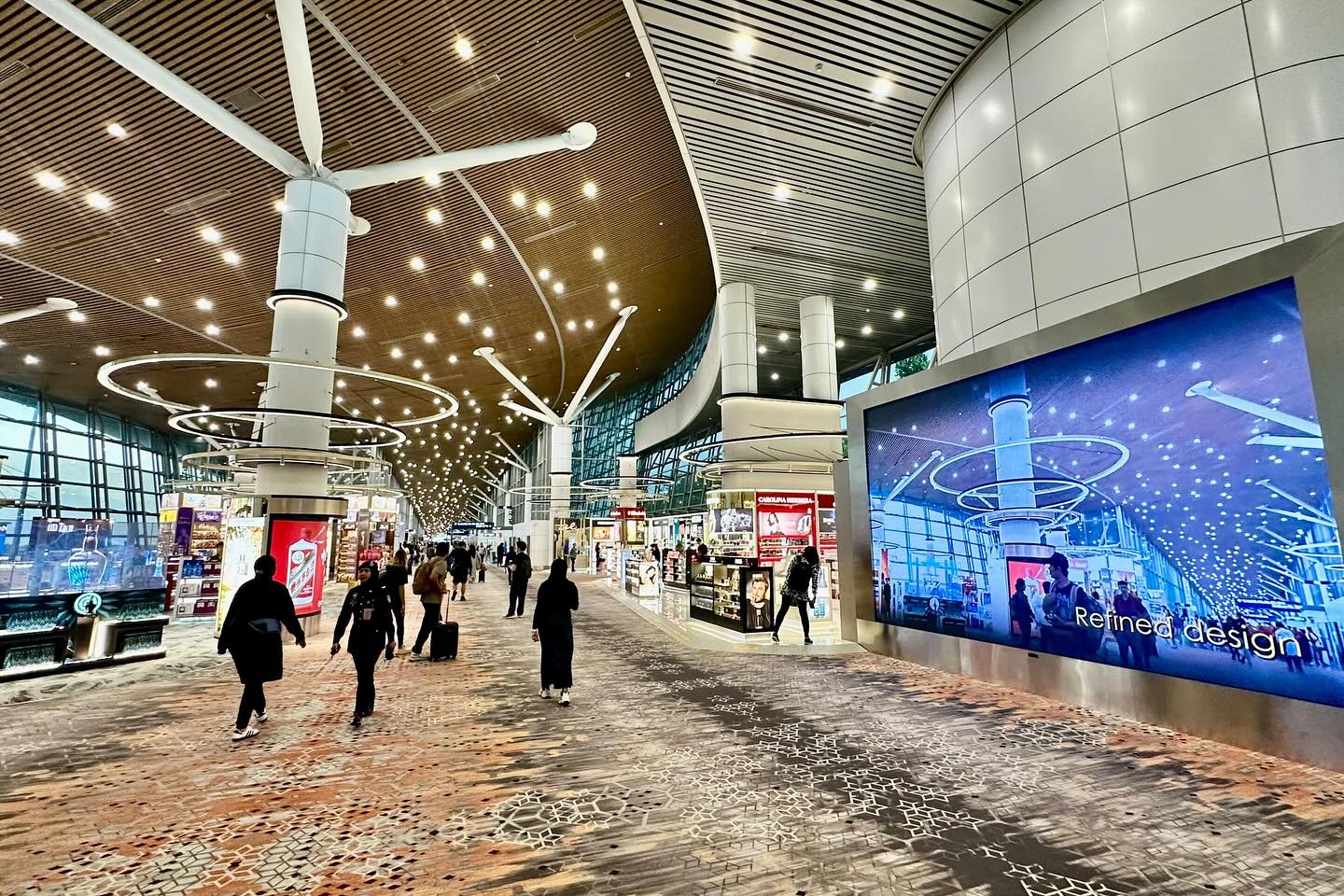
Should shareholders hold out for more?
Shareholders should think twice on holding on to their shares as the current offer of RM11 is already a 50 percent premium compared to MAHB's last traded price of RM7.
Furthermore, the RM11 offer is generous because realistically, MAHB shares have never scratched beyond the RM10 level ever.
Besides, shareholders should not take the risk to wait for more as the whole deal is politically controversial and the government can pull the plug off the whole deal.
Controversially, it is unlikely that the Employees Provident Fund would be able to justify increasing the offer price especially since the offer price is significantly higher than its share price earlier this year.
Importantly, MAHB is monitored by Malaysian Aviation Commission's regulated asset base, of which the operator is allowed to make a return on investment of 11.4 percent, which is equivalent to its cost of capital.
MAVCOM’s estimate of MAHB's regulated asset base is RM9.7 billion.
Together with the value of Istanbul Sokchen airport's 773 million euros of intangible assets as at 2023, this suggests a value of around RM13.5 billion for the company or RM8 per share.
This is significantly below than the offer price of RM11.
At this point investors need to weigh the probability of what would happen if the deal does not go through.
Shareholders got a fair market value
With MAHB’s operational challenges, declining market share, and financial underperformance, the RM11 price appears to reflect a fair valuation given the current state of the company.
Shareholders gain liquidity at a premium, avoiding potential risks associated with MAHB’s ongoing underinvestment and competitive pressures.
While the premium offer is compelling, long-term shareholders might question if GDA’s plans to revitalize MAHB could have led to greater gains had they held onto their shares post turnaround. But no one can be sure.
CIMB Securities has asked shareholders of Malaysia Airports Holdings Bhd (MAHB) to accept the offer by a consortium led by Khazanah Nasional Bhd to take the company private for RM11 a share.
"We believe the offer provides an opportunity for investors to realise immediate gains on investment and benefit from the joint offerors' resources and vision for sustainable growth, making it a favourable proposition."
"However, Malaysia's long-haul connectivity challenges and the capital investment required for infrastructure upgrades may pose risks to MAHB's organic growth. Hence, we recommend investors to accept the offer," it said in a note.
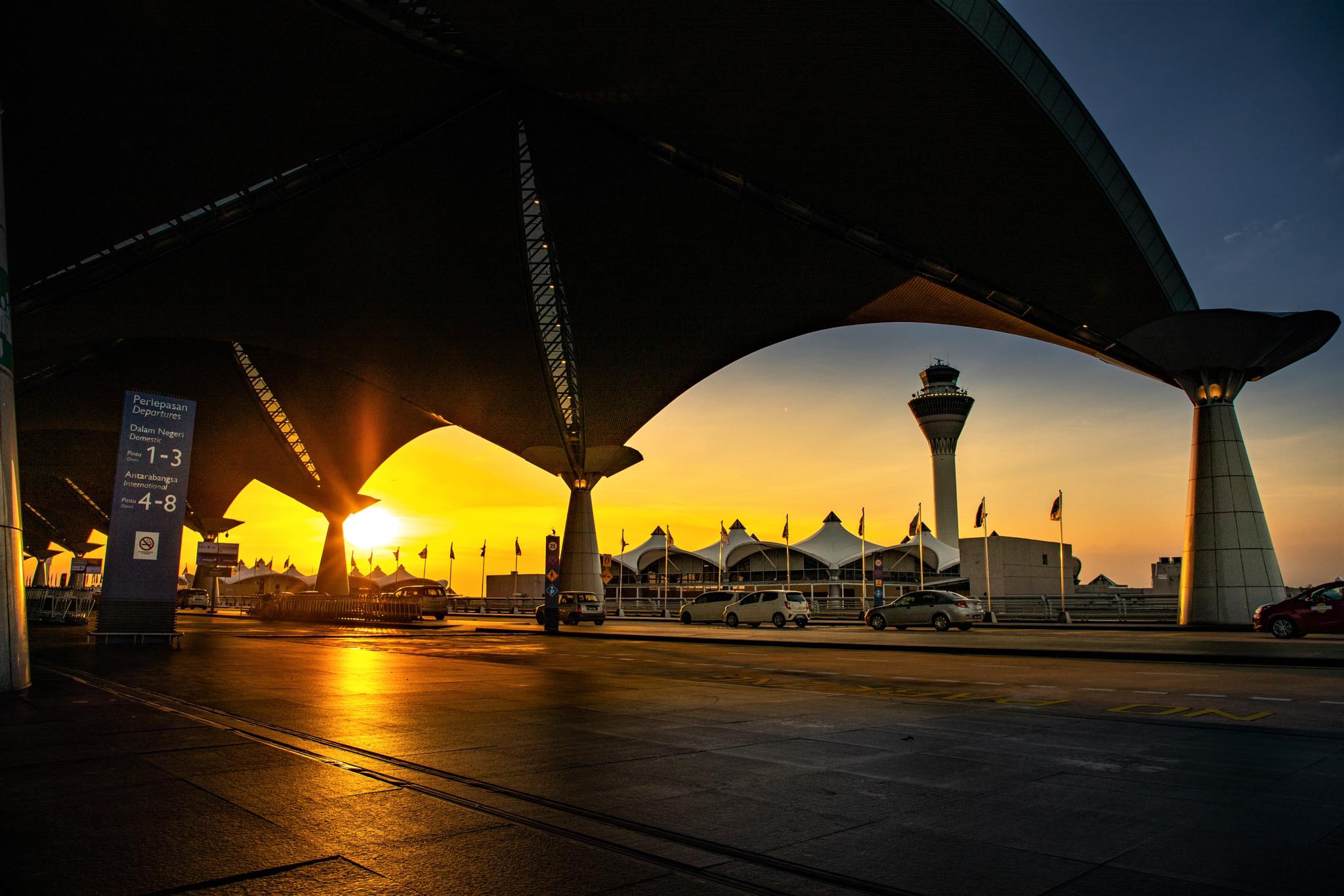
What will happen after January 17?
MAHB will be delisted if GDA achieves 90 percent acceptance and MAHB will be delisted from Bursa Malaysia, transitioning to private ownership.
This move would free MAHB from public market scrutiny, allowing GDA to execute a long-term restructuring strategy.
GDA will focus on rejuvenating MAHB
Post acquisition, GDA will focus on revitalizing MAHB and will likely prioritize capital investments to address MAHB’s aging infrastructure, operational inefficiencies, and declining passenger experience, aligning with their stated vision of upgrading and modernizing the company.
Investors can also expect changes in MAHB’s management team and operational strategies as GDA leverages its resources and expertise to implement its turnaround plan.
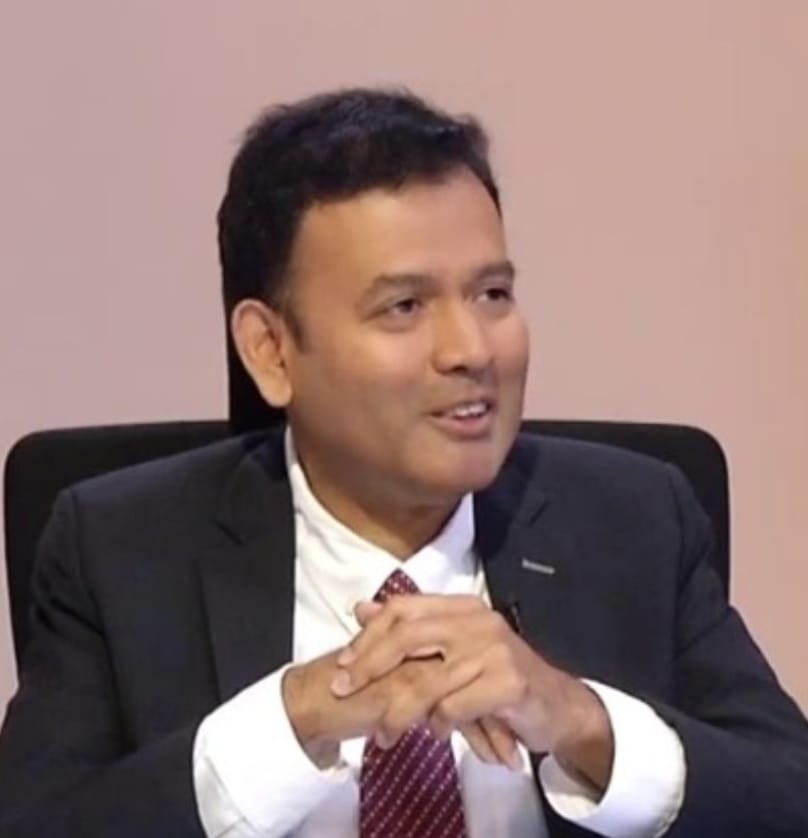
Can GDA turn MAHB around?
Samirul Ariff Othman said strengths of GDA’s approach include increased capital Investment.
This is because GDA has committed to significantly increase MAHB’s capital expenditure, addressing years of underinvestment in infrastructure and technology.
"This is a critical step toward reversing MAHB’s operational decline," said Samirul who is senior consultant at Global Asia Consulting.
If MAHB is privatised, it stands to benefit from Global Infrastructure Partners (GIP) which part of the consortium, bringing invaluable airport management expertise, having successfully managed other global airport assets.
MAHB must focus on long term goals
Privatization of MAHB removes the pressure for short-term earnings, enabling GDA to focus on strategic, long-term growth initiatives.
However, it will face operational complexities because turning around a large organization like MAHB will require extensive operational changes, improved efficiency, and cultural transformation within the company.
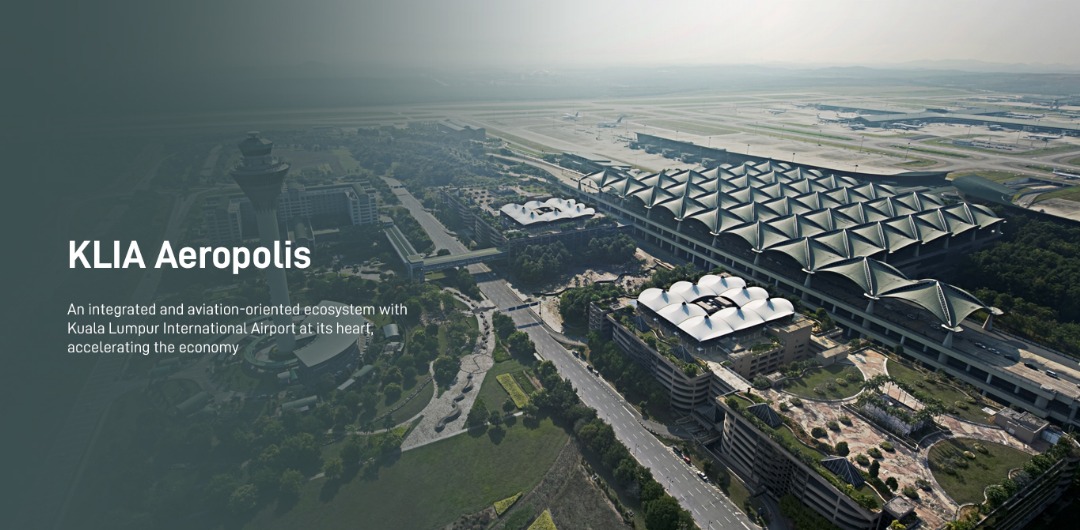
MAHB will face intense competition
Regional peers like Singapore’s Changi airport and Thailand’s Suvarnabhumi have maintained significant leads in terms of passenger experience and capacity.
Samirul said catching up will require substantial investment and innovative strategies.
Stakeholder expectations
GDA will need to balance its profit motives with maintaining public confidence, given MAHB’s role in Malaysia’s aviation infrastructure.
With the right strategy, sufficient capital injection, and a competent leadership team, GDA has a strong chance of turning MAHB around.
However, success will depend on its ability to address core issues such as modernizing infrastructure, improving passenger experience, and regaining market share while navigating regional competition.
In conclusion, the acquisition is a pivotal moment for MAHB and Malaysia’s aviation sector.
Shareholders have received a fair deal, with a substantial premium over the market price.
GDA appears well-positioned to revitalize MAHB, but success hinges on effective execution, strong leadership, and strategic investment in infrastructure and services.
If GDA fulfills its promises, this takeover could restore MAHB’s competitiveness in the ASEAN region.
In the meantime, all eyes will be fixated on the January 17 deadline. - DagangNews.com


